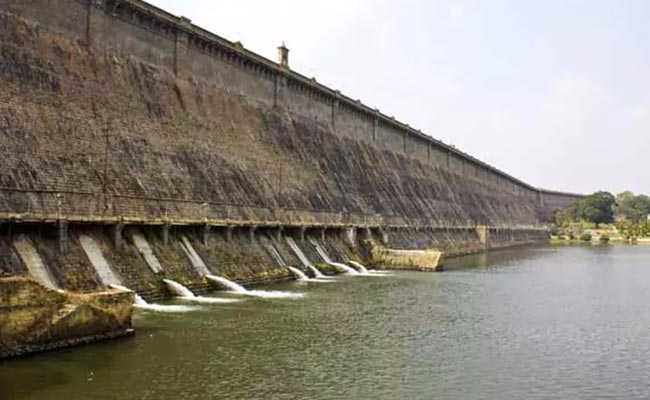
Three judges of the Supreme Court are reading out their verdict on the Cauvery water dispute that has been a source of tension between Karnataka and Tamil Nadu and has persisted despite attempts at a solution over 120 years. Both states insist that they are hopeful but each has kept police reinforcements on standby in case of a verdict that is not favourable. Bus services between Tamil Nadu and Karnataka have been stopped as a precaution. There is no restriction on the movement of goods and private vehicles.
Here is your 10-point cheat sheet to this big story:
The bench headed by Chief Justice Dipak Misra is scheduled to pronounce its judgment a little after 10.30 am. The bench also comprises Justices Amitava Roy and AM Khanwilkar.
During the hearings that ended last year, Tamil Nadu had asked the top court to make a "fundamental change" in the water sharing pact and set up a Cauvery Management Board. "The river is perennial, but the litigation should not be," Tamil Nadu's lawyer Shekhar Naphade told the court.
Karnataka has argued that it was unfair to require the state to release a fixed amount of water irrespective of the availability of water. "It is like the tribunal ordering god to send rain to the State," Fali Nariman, who appeared for Karnataka, said. The water tribunal which delivered the 2007 award was set up in 1990 on the orders of the Supreme Court.
The 765-km long Cauvery river, also called the Ganga of the south, is considered the lifeline for Karnataka and Tamil Nadu. The river originates in Kodagu district in southern Karnataka and flows into Tamil Nadu, Kerala and Puducherry.
This appeal was filed against the 2007 order of the Cauvery Water Tribunal that allocated, in a normal year, 270 TMC, or thousand million cubic feet, 192 TMC to Tamil Nadu at its Mettur Dam, 30 TMC to Kerala and 6 TMC to Puducherry. Karnataka wants Tamil Nadu's award to be slashed by half to 132 TMC. Tamil Nadu, on the other hand, demanded that it should get 325 TMC water.
Karnataka contends that the allocation was grounded in the agreements of 1892 and 1924 between the then Kingdom of Mysore and the then Madras Presidency. The state also argues that there isn't enough supply in the four dams built on Cauvery for the drinking water needs of cities like Bengaluru and Mysuru.
In 2016 after attempts to resolve dispute through arbitration failed, the Supreme Court had asked the centre to form the Cauvery Management Board but the government declined, insisting that only parliament could create such a body.
A direction to Karnataka the same year to release more water to Tamil Nadu was stonewalled by Karnataka Chief Minister Siddaramaiah. "We are not willfully disobeying the orders of the Supreme Court. We respect the Supreme Court, but have to give water to humans," Mr Siddaramaiah had then told NDTV.
Political leaders in both states are expected to harden their stance on the water dispute that is already an emotive issue, particularly against the backdrop of assembly elections in Karnataka in just a few months. In Tamil Nadu, the Chief Minister E Palaniswami government, on the other hand, is also struggling to consolidate its support, particularly after sidelined AIADMK leader TTV Dhinakaran's success in the RK Nagar assembly by-election.
Ahead of the verdict, Mr Siddaramaiah had last month bluntly refused a request for more water from Tamil Nadu in line with the water tribunal's award. "We do not have water. How can we supply to them?" Mr Siddaramaiah shot back.

